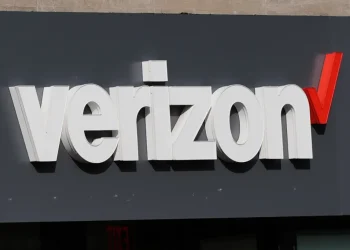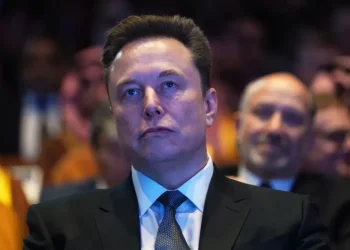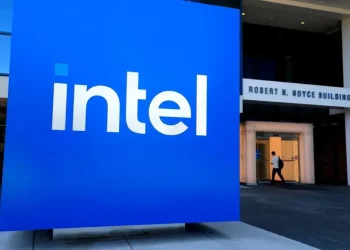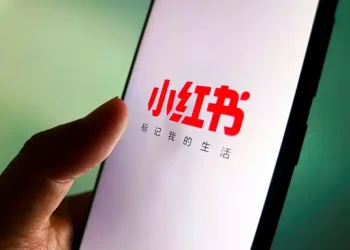iPhones Could Get a Lot More Expensive Soon — Here’s Why
If you already wince at the price of a new iPhone, brace yourself — prices could be heading even higher this year.
Due to newly announced tariffs from former President Donald Trump, products imported from China, including smartphones, laptops, and even earbuds, may face massive cost hikes. And Apple’s iconic iPhone is front and center.
The new tariffs, which impose a staggering 125% duty on Chinese imports, are expected to hit Apple hard. That’s because about 90% of iPhones are still assembled in China, according to Wedbush Securities.
With this change, analysts warn that iPhone prices could increase by hundreds of dollars in the coming weeks or months, depending on how long Apple’s current U.S. inventory holds out.
“Apple will have to go through a period of pain — and that will mean price hikes,” says Jack Leathem from market research firm Canalys.
If Apple passes the full tariff burden to consumers, the damage could be steep:
- A $1,199 iPhone 16 Pro Max could jump to nearly $2,000 if made in China.
- The same model made in India? Only about a $45 increase.
That’s why Apple has already started ramping up production in India and Vietnam, but that shift takes time — and in the short term, most devices still come from China.
Analysts estimate Apple has between 3 to 6 weeks of iPhone inventory in the U.S. Once that runs out, expect prices to climb — even before the next iPhone launches in September.
Carriers may help cushion the blow by offering:
- Discounts on older iPhones
- Installment plans, which 55% of American phone buyers already use, according to Consumer Intelligence Research Partners.
In theory, yes. In practice? Not likely.
While Trump has suggested Apple should bring iPhone manufacturing home, doing so would be costly and complicated:
- Building an iPhone in the U.S. could cost up to $3,500, due to higher labor costs and infrastructure needs.
- Apple’s $500 billion U.S. investment announced earlier this year is focused on data centers and training programs, not phone factories.
“They’d be hard-pressed to find enough American workers willing to do this kind of factory work,” says Harvard Business School professor Willy Shih.
So far, Apple hasn’t commented on how it’ll respond to the tariffs.
Some analysts speculate the company might:
- Delay product launches in the U.S. if the tariffs continue
- Shift production more aggressively to India and Vietnam
- Absorb some costs — though that seems unlikely with such high tariffs
Apple has previously delayed product launches, such as during the early days of the COVID-19 pandemic in 2020, when it released new iPhones in October instead of September.
“Everything is on the table,” says IDC’s Ryan Reith.
This article was rewritten by JournosNews.com based on verified reporting from trusted sources. The content has been independently reviewed, fact-checked, and edited for accuracy, neutrality, tone, and global readability in accordance with Google News and AdSense standards.
All opinions, quotes, or statements from contributors, experts, or sourced organizations do not necessarily reflect the views of JournosNews.com. JournosNews.com maintains full editorial independence from any external funders, sponsors, or organizations.
Stay informed with JournosNews.com — your trusted source for verified global reporting and in-depth analysis. Follow us on Google News, BlueSky, and X for real-time updates.














